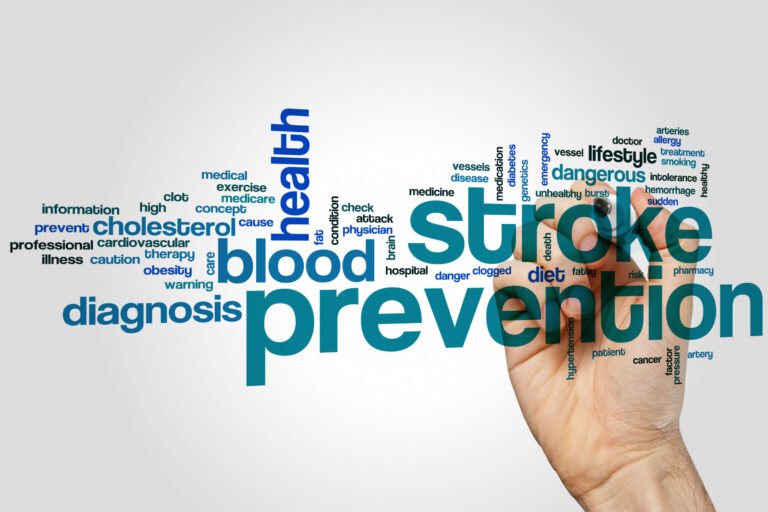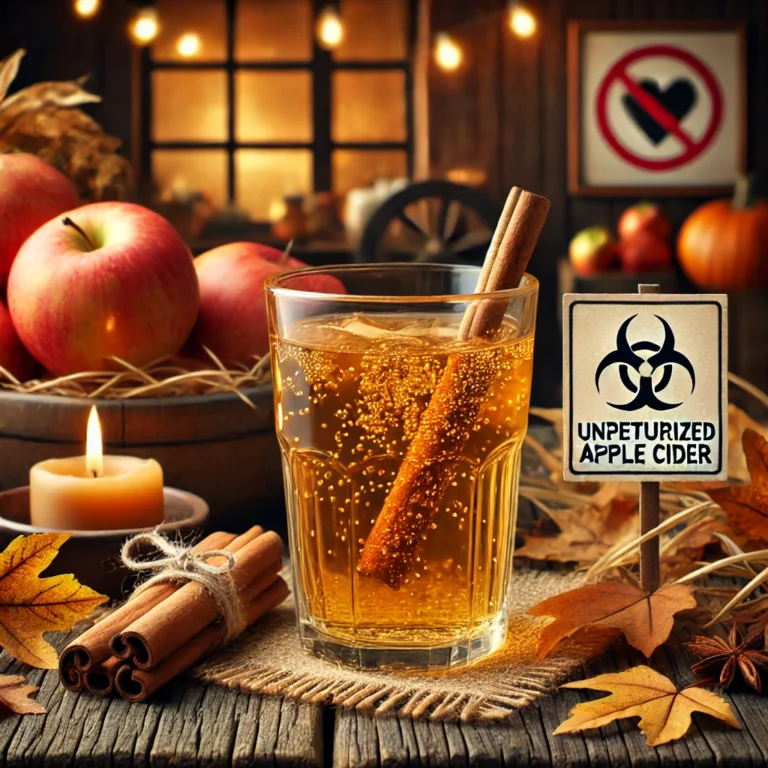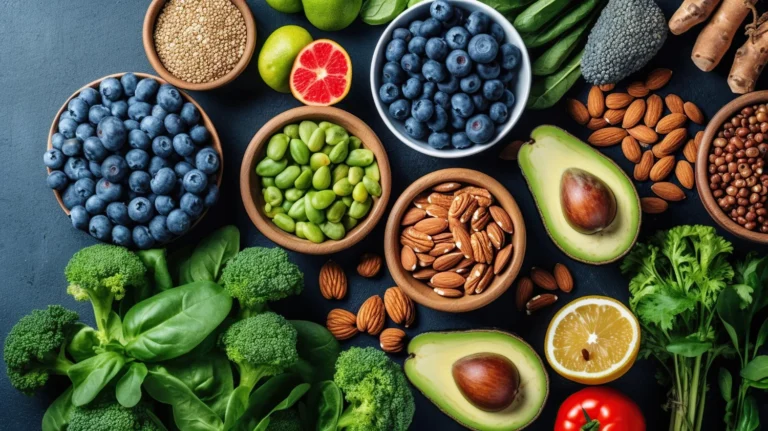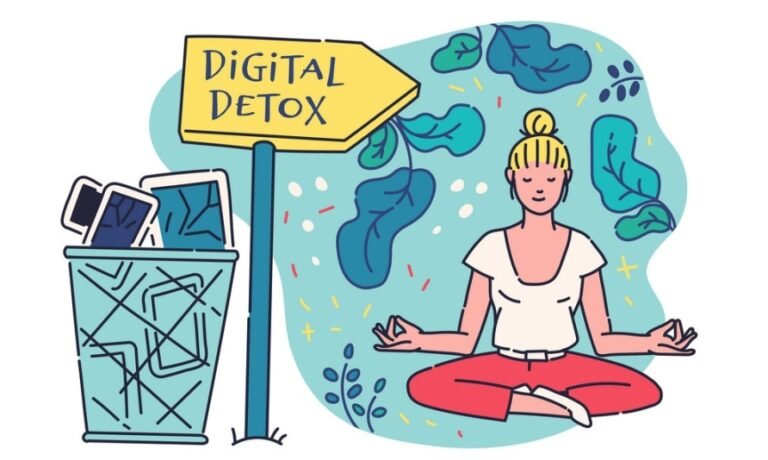The Hidden Dangers of Processed Foods: What’s Really on Your Plate?
Introduction: The Convenience Trap
Processed foods have become an integral part of modern life. From the frozen meals lining supermarket aisles to the snacks in our cupboards, they offer convenience, affordability, and longer shelf life. But what’s the real cost of this convenience? The truth is that processed foods are often filled with hidden dangers that can seriously impact your health, leading to weight gain, chronic diseases, and more.
This article will uncover the harmful ingredients in processed foods, how they affect your body, and how you can make better choices for your health.
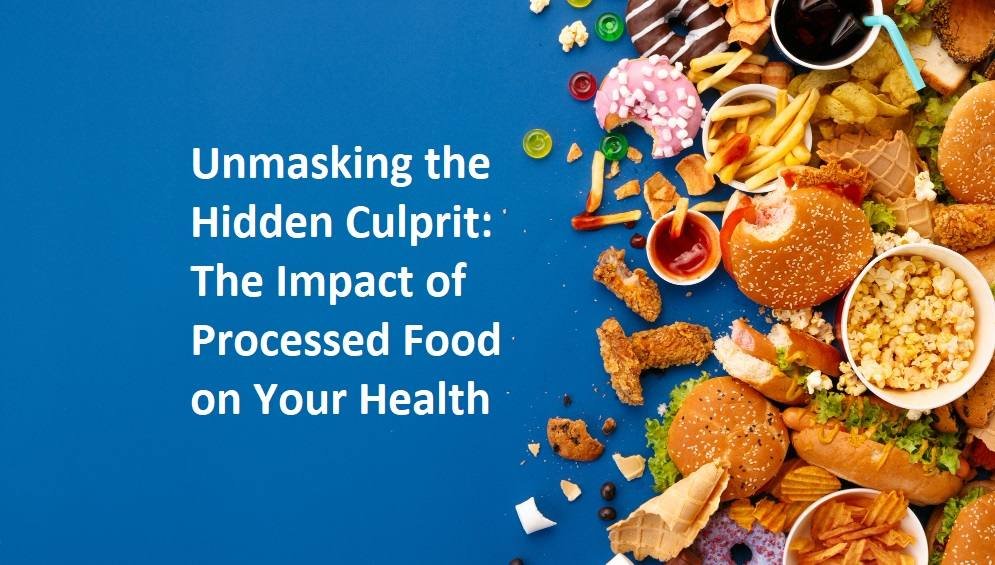
1. What Are Processed Foods?
Processed foods are those that have been altered in some way during preparation. This can include anything from adding preservatives to enhance shelf life to refining grains, adding artificial flavors, or packing foods with sugar and salt. While not all processed foods are inherently bad—frozen vegetables, for instance, can still retain their nutrients—highly processed items like sugary snacks, sodas, and pre-packaged meals are often filled with harmful ingredients.
Examples of Highly Processed Foods:
- Sugary cereals
- Packaged chips
- Soda and energy drinks
- Instant noodles
- Frozen pizzas
- Processed meats like hot dogs and sausages
2. The Hidden Ingredients in Processed Foods
Many processed foods contain ingredients that you wouldn’t normally find in your kitchen. These ingredients are added to enhance flavor, improve texture, or increase shelf life. However, they can have negative effects on your health.
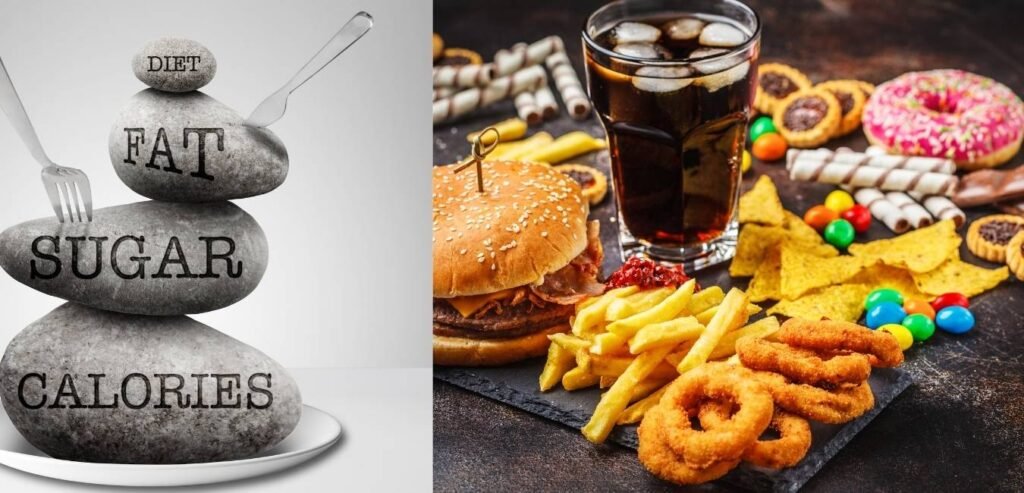
Artificial Additives & Preservatives
- Sodium Nitrate & Sodium Benzoate: Found in processed meats and canned foods, these preservatives have been linked to cancer and other chronic diseases. According to the World Cancer Research Fund, regular consumption of processed meats can increase the risk of colorectal cancer.
Excess Sugar
- Sugar is often added to enhance the taste of foods, even savory items. High-fructose corn syrup (HFCS), a cheap sugar alternative, is used in many processed foods and can lead to obesity, type 2 diabetes, and heart disease. According to the Harvard T.H. Chan School of Public Health, HFCS plays a role in the rising epidemic of obesity and metabolic disorders.
Trans Fats
- Hydrogenated oils, or trans fats, are used to improve texture and extend the shelf life of processed foods. However, trans fats are directly linked to an increased risk of heart disease, stroke, and type 2 diabetes. The American Heart Association recommends limiting your intake of trans fats as much as possible.
3. How Processed Foods Affect Your Health
1. Weight Gain and Obesity
Processed foods are often calorie-dense and nutritionally poor. The combination of high sugar, unhealthy fats, and refined carbohydrates spikes insulin levels, leading to weight gain. A diet high in processed foods is a major contributing factor to the obesity epidemic in many countries.
Did you know? Research from The National Institutes of Health (NIH) shows that people consuming ultra-processed diets tend to eat 500 more calories per day compared to those consuming whole foods.
2. Increased Risk of Chronic Diseases
Regular consumption of processed foods has been linked to several chronic diseases, including type 2 diabetes, heart disease, and cancer. The excessive salt content in many processed items can lead to high blood pressure, increasing the risk of heart attacks and strokes. A study published in the BMJ found that people who consume large amounts of processed foods have a higher risk of cancer.
3. Digestive Issues
Processed foods are often low in fiber, which is essential for healthy digestion. A lack of fiber can lead to digestive problems like constipation and bloating. Whole foods, on the other hand, promote a healthy gut microbiome, which is essential for overall health.
4. Mental Health Impacts
A growing body of research indicates that diets high in processed foods can negatively affect mental health. These foods lack the nutrients needed for proper brain function, and high sugar intake can lead to mood swings, depression, and anxiety. A study by Cambridge University revealed that people who consume more processed foods are more likely to experience mental health issues like depression.
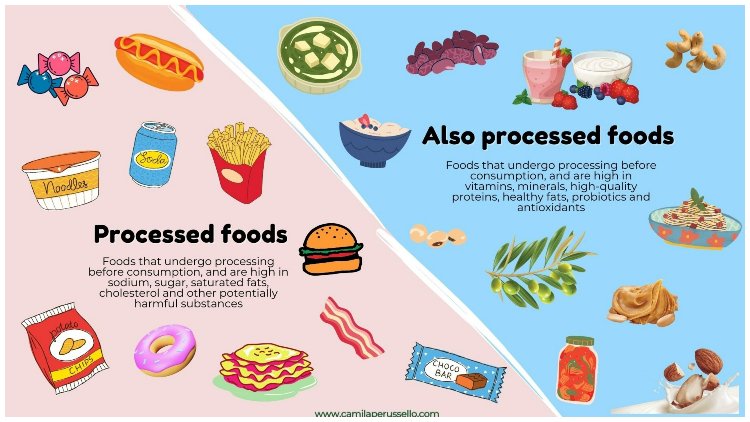
4. Breaking Free from Processed Foods: Steps to Take
Making the shift away from processed foods doesn’t have to be overwhelming. Here are some simple steps to help you reduce your reliance on processed foods:
- Cook More at Home: Preparing meals at home using whole ingredients is one of the best ways to control what goes into your body.
- Read Labels: If you do buy processed foods, always check the ingredients list. Look for hidden sugars, unhealthy fats, and preservatives.
- Focus on Whole Foods: Fill your plate with fruits, vegetables, lean proteins, and whole grains. These foods provide the nutrients your body needs without harmful additives.
- Swap Snacks: Replace processed snacks with healthier alternatives like nuts, seeds, and fresh fruit.
5. Personal Stories: The Power of Change
“After eliminating most processed foods from my diet, I noticed immediate changes. My energy levels increased, I felt less bloated, and my skin cleared up.” – Sarah, 35, Health Enthusiast
6. Expert Opinion: What the Professionals Say
“Processed foods are often high in calories but low in essential nutrients, leading to poor health outcomes. Prioritizing whole foods helps maintain a healthy weight and reduces the risk of chronic diseases.”
— Dr. James Carter, Nutritionist and Author of “Eat Well, Live Well”
7. Did You Know? Quick Facts About Processed Foods
- Did you know? 60% of the calories consumed in the average American diet come from ultra-processed foods.
- Did you know? Processed foods are a leading cause of high sodium intake, contributing to high blood pressure.
8. Swap This for That: Healthy Alternatives to Processed Foods
Swap This for That:
- Swap chips for air-popped popcorn or carrot sticks.
- Swap sugary breakfast cereals for steel-cut oats with fresh berries.
- Swap frozen pizza for a homemade whole wheat pizza with fresh veggies.
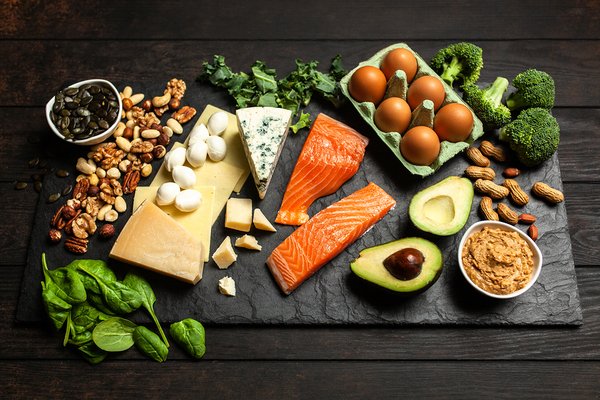
9. The Shift Towards Clean Eating
Many people are now moving toward a “clean eating” lifestyle, which emphasizes whole, unprocessed foods. Clean eating encourages consumers to prioritize fresh, natural ingredients over packaged goods.
Tip: Consider starting a clean eating challenge with your friends or family, tracking your progress over a month to see the difference in energy levels, mood, and overall health.
10. Conclusion: What’s Really on Your Plate?
Processed foods may be convenient, but they come with hidden dangers that could be detrimental to your health. From excessive sugars and trans fats to preservatives linked to chronic diseases, these foods can have serious long-term effects on your well-being. By reducing your intake of processed foods and focusing on whole, natural options, you can significantly improve your health and energy levels.
It’s time to take control of what’s on your plate—your health is worth it.
Interactive Element: Are You Eating Too Many Processed Foods?
Take our self-assessment quiz to find out how much processed food is in your diet and how you can improve!
Call to Action:
Want to learn more about clean eating and reducing processed foods? Check out these helpful resources from Harvard Health and The American Heart Association for expert advice and tips.
for more visit



